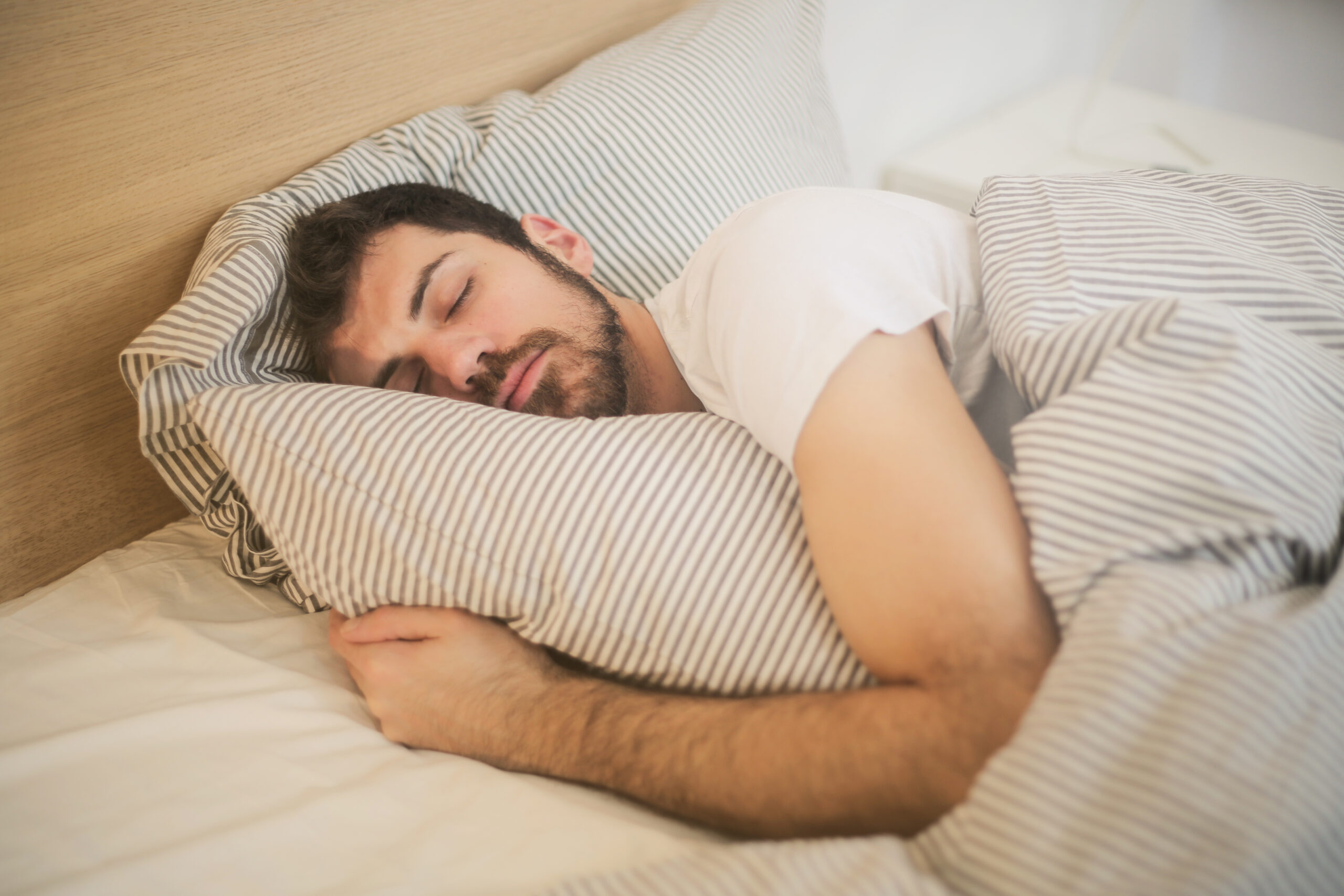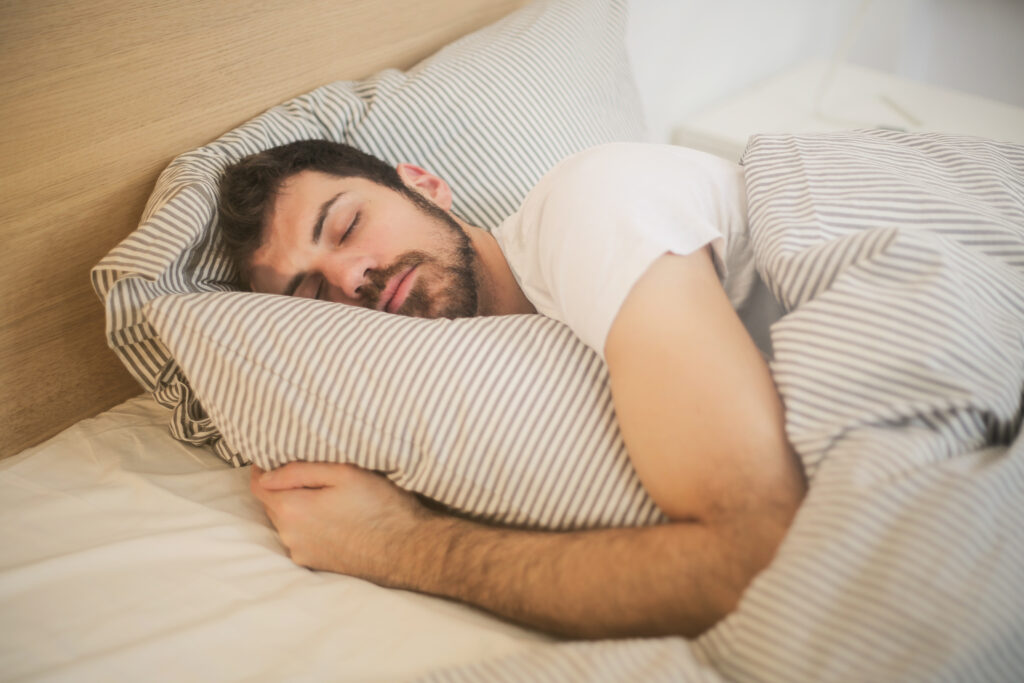Snooze To Improve

On average, we spend about 1/3 of our lives, approximately 25 years, sleeping. Well, we should. However, according to the Centers for Disease Control (CDC) most adults fall short of getting enough sleep. For some, it just isn’t a priority. For others, they just can’t seem to make it happen. Sleep disorders and insomnia are prevalent. And sleep aids are a multibillion-dollar market.
This doesn’t just leave some tired folks walking around. A lack of sleep has a much deeper impact. It is directly connected to heart disease, diabetes, obesity, Alzheimer’s, depression, cancer, and overall longevity.

When you head to bed for the night, you may be thinking of it as a time for rest. For the brain and body, it is actually a very complex and active time. All aspects of our being are either supported or compromised based on how much and how well we sleep. Sleep exists to restore, recalibrate, renew and upgrade the functions of the brain and body.
For the brain, sleep improves problem solving, memory retention, ability to concentrate, regulation of emotions, coping skills, and creativity.
For the body, sleep boosts immunity, balances metabolism and hormones, regulates blood sugar levels, manages blood pressure, maintains and repairs structural components, combats fatigue, and suppresses cancer cell growth.
As you can see, sleep is vital to our existence. With it being so important, I wanted to share some tips to help you get better quality and quantity of sleep each night.
Tips to Improve Your Sleep
•Limit caffeine intake to the beginning of the day; give yourself at least 10-12 hours of a buffer until bedtime
•Stay hydrated to improve quality of sleep; but cut off the fluids a couple of hours before bedtime to limit night time waking for trips to the bathroom
•Make dinner the smallest meal of the day, so night time energy isn’t spent on digestion
•Exercise daily; but try to avoid vigorous exercise too close to bedtime, as this may prevent or delay the transition into a sleep state
•Practice short periods of meditation to wind down the stress levels and over-active nervous system; at the beginning of the day and end of day could be most helpful
•Set a specific time to go to bed and wake up each and every day; this will help set your circadian rhythm; make sure to plan for at least seven hours and account for awake times during the night
•Avoid laptops, cell phones and televisions at least 30-60 minutes prior to bedtime; these actually disrupt your circadian rhythm
•Go to bed when sleepy; try not to fall asleep on the couch, then wake up and drag yourself to bed; this disrupts the sleep stages
•Keep the bedroom dark and cool; below 70 degrees is good but down to 65 degrees is ideal to initiate a core temperature drop that brings solid sleep
•Avoid sleep aids; they do not bring on natural sleep stages, but are more of a sedative and will cause you to miss out on some of the restorative stages of natural sleep
•If you use an alarm clock, don’t hit the snooze button; it confuses the cycles and can be quite jolting to the nervous system
A loss of sleep, defined as sleeping less than seven hours, impairs your overall well-being. In as little as 10 days the brain and body can become deeply compromised. Imagine what years of sleep deprivation can do to you!
Sleep is a major key to our overall health and wellness. It plays an important role in all aspects of our brain and body functionality. If you can begin to improve your quality and quantity of sleep, you will be able to decrease the onset of chronic diseases of the mind and body, as well as extend your life.
I encourage you to begin implementing these lifestyle tips today, be consistent, and give your body time to adapt. These tips and routines will influence your ability to fall asleep and have a night of quality sleep. Start today, give yourself the opportunity to let sleep work its magic for your body, mind, and life.
If you have any questions or other thoughts to share, I would love to hear from you! Even though we are all separated right now, we are still Better Together.
Brian@BetterTogetherFitness.com
BetterTogetherFitness.com











Leave a Reply